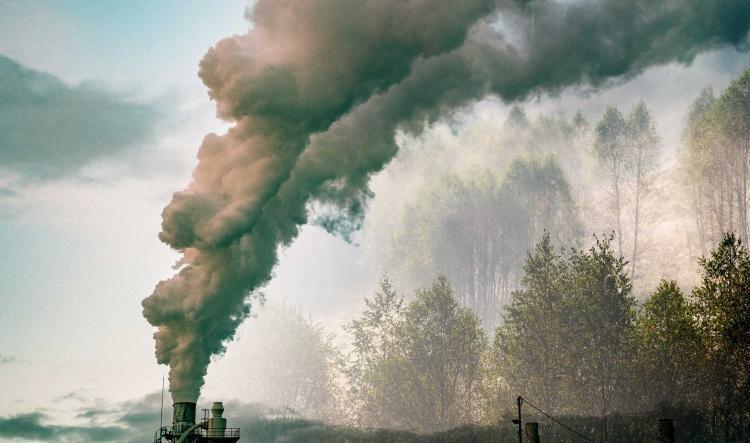The Biology of Motivation: Why Discipline Isn’t What You Think
Motivation is not just a mindset or moral trait. It is shaped by brain chemistry, stress, sleep, movement, and environment. True discipline often comes from biological alignment rather than sheer willpower. Motivation has long been framed as a character trait. Some people “have it,” others don’t. We praise discipline the way earlier societies praised virtue, as if willpower were a moral muscle. But modern neuroscience suggests a more complex, and more compassionate, story. Motivation is not simply a mindset. It is a biological state, influenced by sleep, nutrition, stress, and the invisible chemistry of the brain. Understanding this changes how we think about success, productivity, and even failure.




